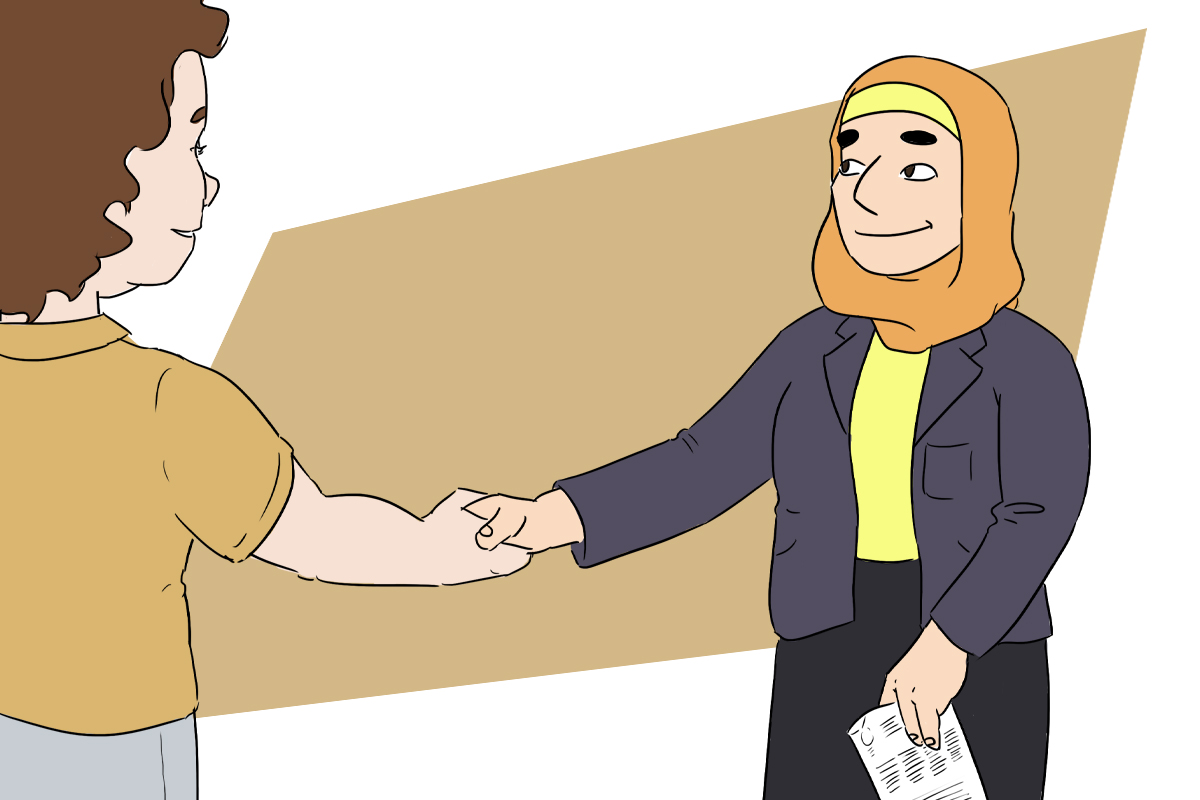This section covers questions about transitioning at work, interview questions, mistreatment, leave and more!
This section covers questions about transitioning at work, interview questions, mistreatment, leave and more!

You have certain protections and rights available to you when you are applying for a job, as well as when you are working as an employee.
Generally, there are two main legal principles which apply to employment relationships, these being:
- actions by an employer must be justified (fair and reasonable, both substantively and procedurally); and
- both employers and employees must act in good faith towards each other.
It is illegal to treat people differently based on any of the banned grounds of discrimination (listed in the Human Rights Act). There are a number of banned grounds; including things like race, colour, disability, sex and sexual orientation. Crown Law and the Human Rights Commission interpret the ground "sex" to include gender identity. While these restrictions apply during employment, there are also laws which apply to discrimination when you are applying for a job.
Unlawful discrimination can be direct (for example, it could affect the way a person is treated) or it could be indirect (for example, a policy or the way that something works in practice can sometimes affect a person or a group of people). There are, however, some exceptions. In very limited circumstances, a role may be required to be performed by a person of one sex (or gender). You can get in touch with your local community law centre to learn more.
Can I be asked about my sexuality, gender identity or transitioning by my employer?
It is important to note that your employer cannot discriminate against you based on a banned ground of discrimination such as sex, gender identity, or sexual orientation. An employer should not ask you about your sexuality, gender identity or your transition. You are able to refuse to answer such a question.
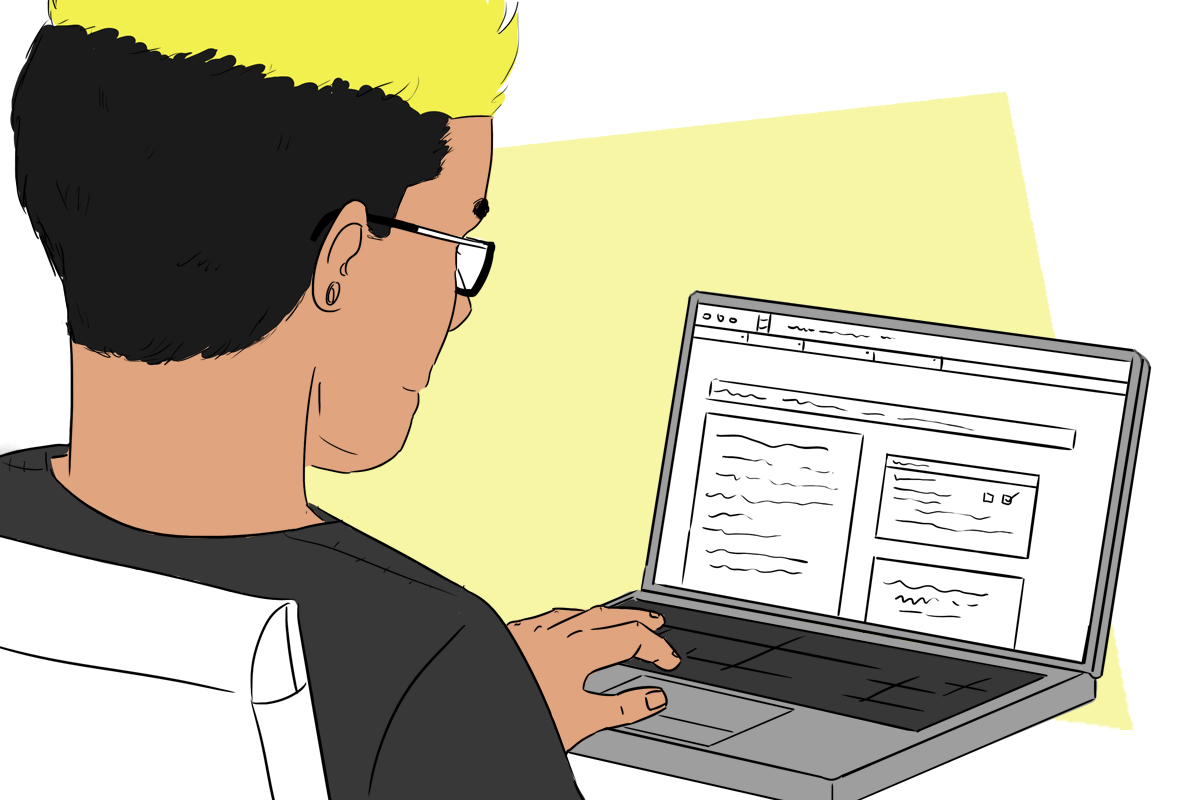
Do I have to disclose or can I be required to prove my sexuality or gender identity to my employer?
No, except in rare cases, your sexuality and gender identity is your personal information and you will not be required to disclose this information. Examples of when you might be expected to disclose this information could include when a job requires security clearance or where you need to let your employer know about a conflict of interest (e.g.: if you have to disclose a romantic relationship to your employer, this could disclose your sexuality). For more information, reach out to your local community law centre, or YouthLaw to help you out.
What can I do if I am being consistently misgendered by my employer or co-workers?
The best thing is to talk to your employer and raise your concerns in the first instance. It may be that explaining your position and helping them understand can resolve the issue.
As noted above, your employer cannot discriminate against you on the basis of sex, gender identity, or sexual orientation. If you are unable to resolve this directly with your employer, there are avenues to raise your concerns in another forum, such as making a complaint to the Human Rights Commission.
Can I be fired if I begin transitioning?
Your employer should not fire you just because you are transitioning, and it is unlikely to be considered a justifiable action, or one based on fair and reasonable grounds. In most instances, this will also amount to unlawful discrimination on the basis of the gender of the person, under the banned ground of discrimination of "sex".
If you feel you have been treated unfairly or unlawfully by your employer because of your gender identity, you are able to raise your concerns with your employer, or failing that, the Mediation Service, Human Rights Commission or seek advice from your local community law centre, such as YouthLaw.
Can I be excluded or isolated at work because of my sexuality or gender identity?
Again, it is unlawful for an employer to discriminate against a person based on sex or sexual orientation. This includes any actions relating to recruitment or selection, promotion, training, pay, benefits, redundancy or dismissal, and terms and conditions of work. This relates to actions by your employer.
In relation to others in the workplace, if you are being excluded or feel isolated at work, you should ask your employer to assist you. If your employer does not take any action to support you, it may be possible to raise your concerns more formally, for example by complaining to the Human Rights Commission, or raising a personal grievance in order to bring a claim to the Employment Relations Authority. YouthLaw and community law centres can provide assistance in exploring these options.
Can I be asked to act "straight" or cis-gender in front of customers or clients?
It may not necessarily be unlawful for an employer to ask this of you, however it may be unlawful for your employer to take any action against you for your failure to do so. If you have any concerns regarding such a request, you should discuss these with your employer in the first instance. If these conversations do not resolve the matter, YouthLaw and community law centres can provide assistance.
Can I be asked about my previous employment as a sex worker?
It is likely that you will be asked about your previous employment when applying for a job. This is your personal information and you do not have an obligation to disclose this if you are not comfortable doing so. However, if you do not provide such information, a potential employer may decide they do not have the necessary information to consider you for the job.
Where to get help if you have an issue
If an issue arises during your employment, there are a number of services available to you if you would like further information or would like to take your concerns further.
You should raise any concerns directly with your employer in the first instance, if you feel comfortable doing so. You are also able to raise a personal grievance by writing to your employer outlining your concerns, however you must raise a personal grievance within 90 days of the issue arising.
If you are unable to resolve the issues with your employer, you can refer your issue to the Ministry of Business, Innovation and Employment's (MBIE) Mediation Service. This is a free mediation service which involves you discussing your issue with your employer with the assistance of a mediator.
If your issue relates to discrimination either during your employment, or when you are applying for a job, you can also make a complaint to the Human Rights Commission or Human Rights Review Tribunal.
A further description of the services available to you and their contact details are outlined below:
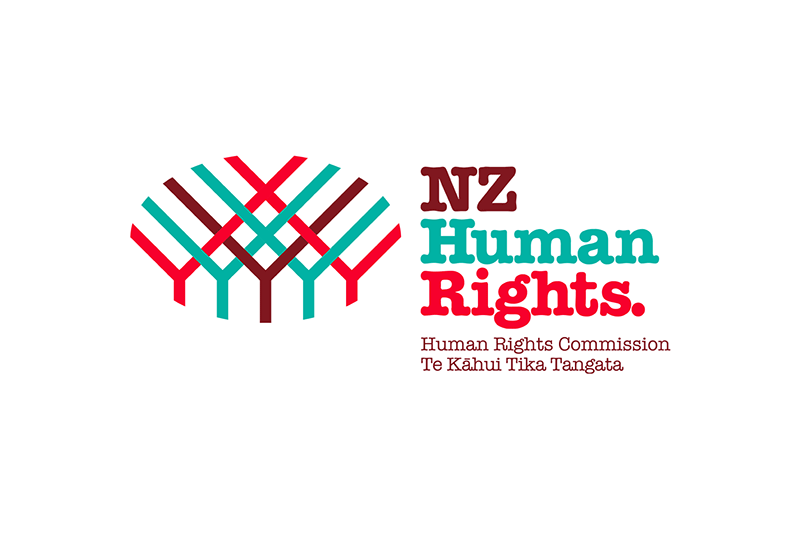 |
Human Rights Commission – provides information and useful resources in relation to discrimination issues in employment, both online at www.hrc.co.nz and through its information line, 0800 498 877. It provides an avenue for you to raise complaints in relation to discrimination which, if unable to be resolved by mediation, may be referred to the Human Rights Review Tribunal. |
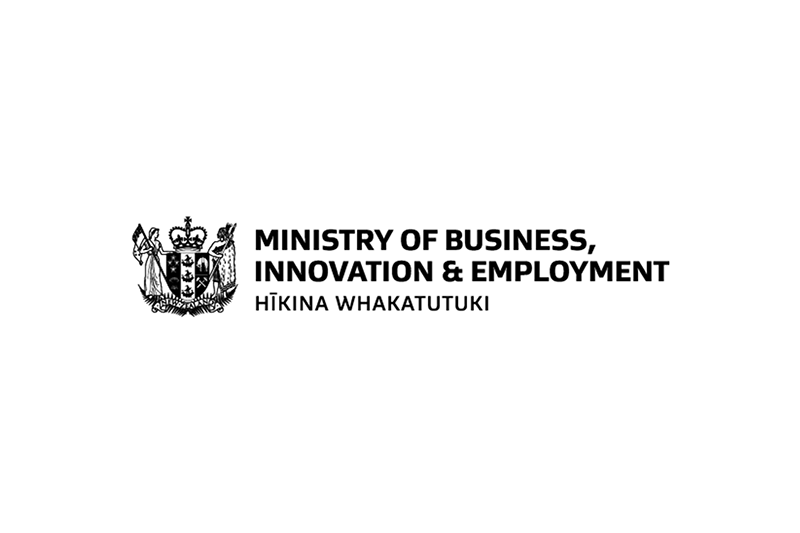 |
Ministry of Business, Innovation and Employment (MBIE) – provides information and useful resources for employees regarding their rights at work, both online at www.employment.govt.nz and through its free information line, 0800 20 90 20. There is also a free mediation service to facilitate the resolution of employment relationship problems. |
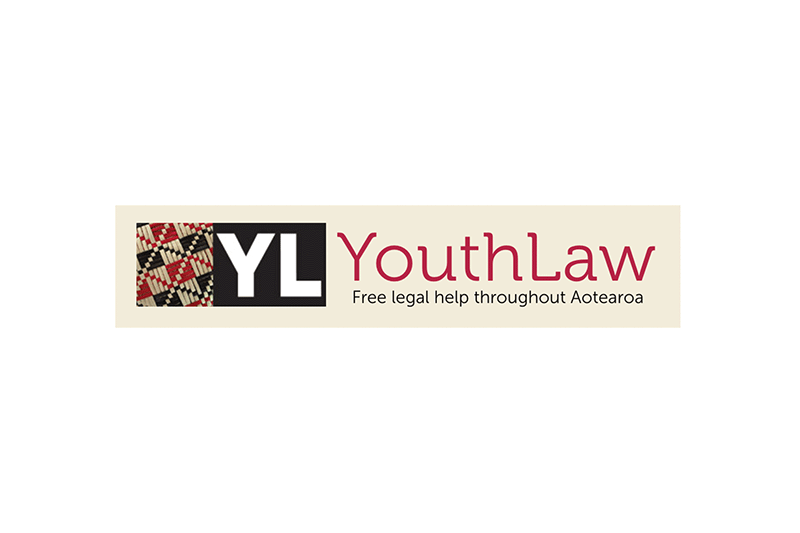 |
YouthLaw – provides free legal help for people under 25 regarding a range of legal issues, including employment issues. For more information, see www.youthlaw.co.nz, or contact YouthLaw on 0800 884 529 or nzyouthlaw@gmail.com. |

